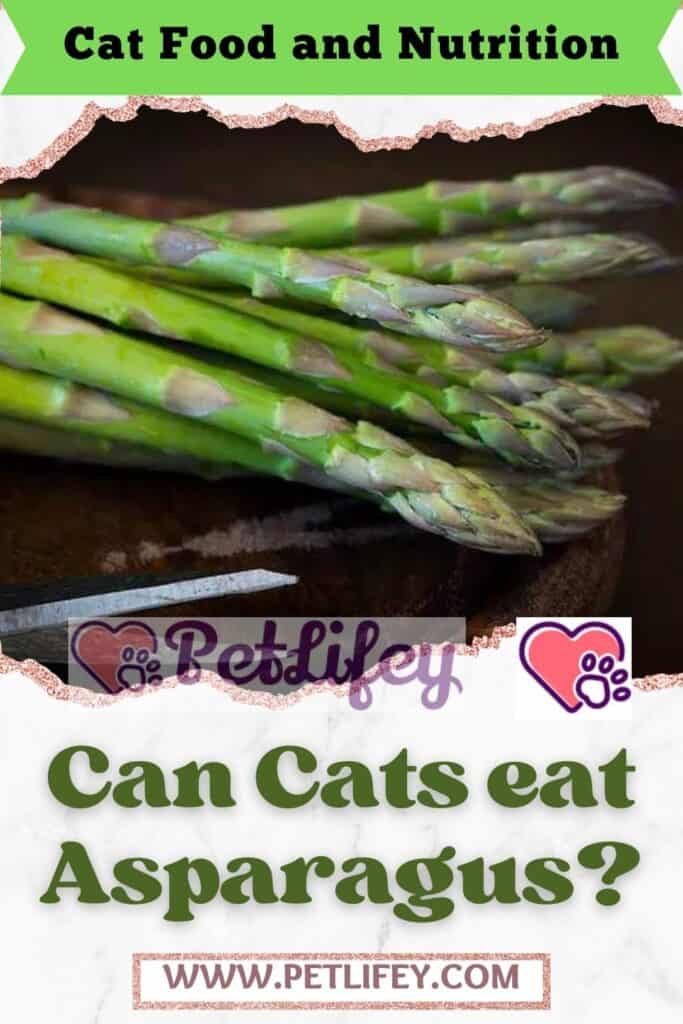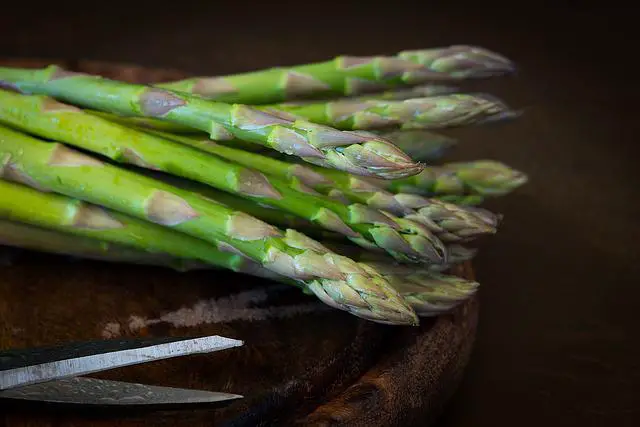
Vegetables in the cat’s diet: can cats eat asparagus? Let’s discover the risks and benefits associated with the consumption of this food.
Our four-legged friends have very different nutritional needs from ours. With dogs, however, being omnivores, we can share a greater range of foods; with cats the circle narrows considerably, as they are obligate carnivores. Therefore, when it comes to vegetables in the feline’s diet, particular attention is always required. For example, can the cat eat asparagus? Let’s find out together.
Vegetables in the cat’s diet
In all truth, the cat-vegetable combination is not exactly ideal: we are talking about an animal defined as an obligate carnivore.
Exceptional predator, life and game companion of the human being for thousands of years, its domestication has not changed anything, at least from the point of view of food needs, of its DNA.
The feline needs to derive its energy sources from meat: no to vegetarian or vegan diets for the cat, which would be deleterious for his body. However, this does not imply an absolute ban on eating other categories of food, as long as it is to a very limited extent.
Fish is an excellent alternative to meat; to a lesser extent are eggs and cereals. Fruit, on the other hand, is a human addition to the feline menu; the cat in nature does not eat it, as it does not need it. And the vegetables? Even vegetables can supplement the cat’s diet to a very limited extent.
Can cats eat asparagus?

However, it should be specified that among the vegetables, there are several foods forbidden to cats: from garlic to onion, from green tomatoes to shallots and potatoes.
And is asparagus included in the list of prohibited foods? The answer is no, so the cat can eat asparagus in peace.
However, as always when it comes to cat nutrition, the necessary distinctions are needed. The fact that the cat can eat asparagus simply means that this vegetable is not poisonous for its organism; this does not automatically translate into the possibility of including the food on a permanent basis in its diet.
The nutritional benefits of the aforementioned vegetable are substantially nil for the feline, in the face of risks that are much more numerous. Those deriving from a constant and long-term intake can be understood from the fact that the feline is a carnivorous animal (obesity and diabetes are the main risks). Vegetables, and asparagus are no exception, must have a very limited space.
Even an occasional consumption, if excessive, can lead to gastrointestinal disorders in the feline. Also, be careful if your cat is tasting asparagus for the first time; you may be allergic to vegetables.
In short, the cat can eat asparagus sporadically, but it is not essential; the risks associated with food intake are decidedly numerous, compared to practically non-existent benefits.






